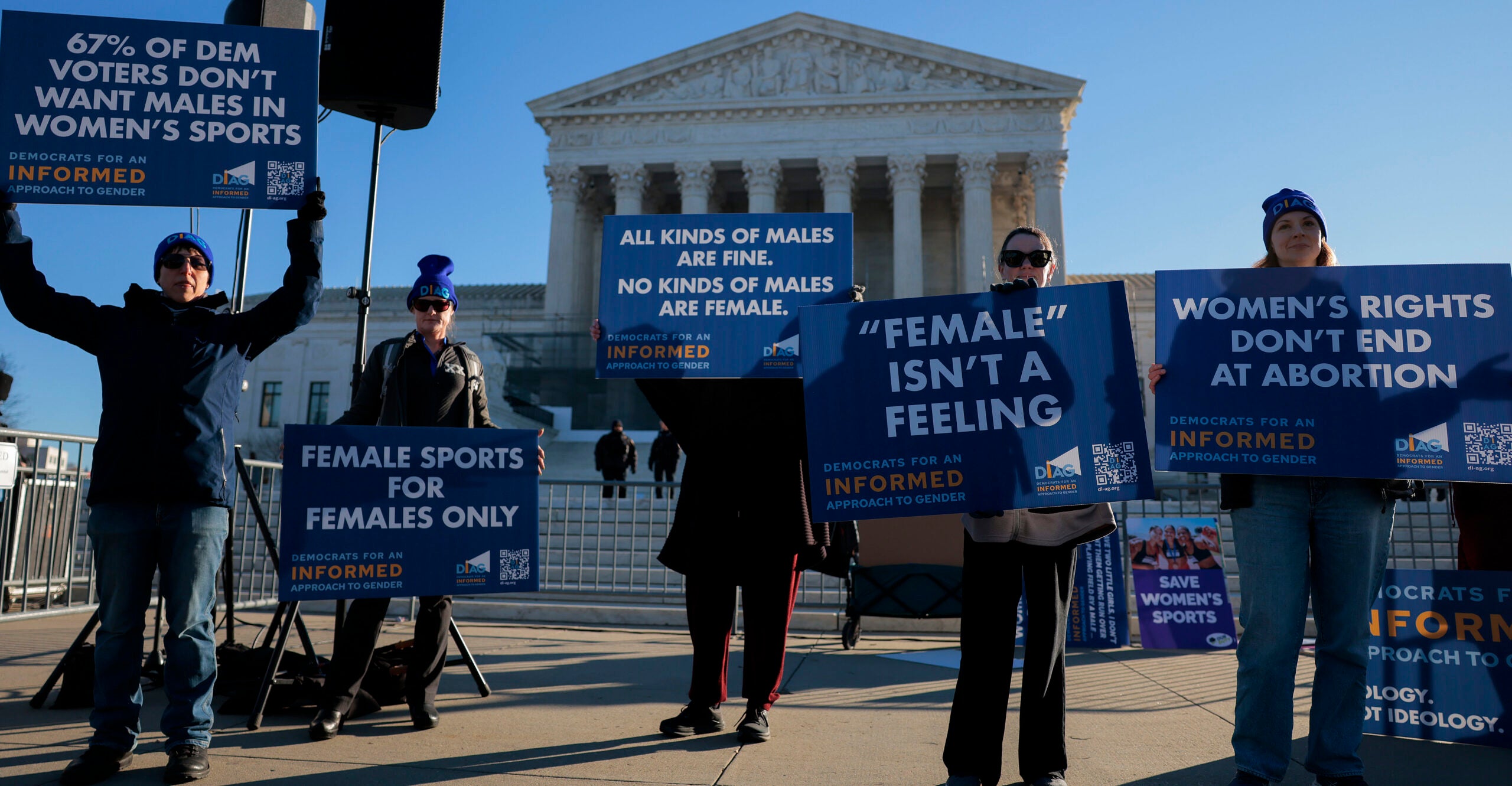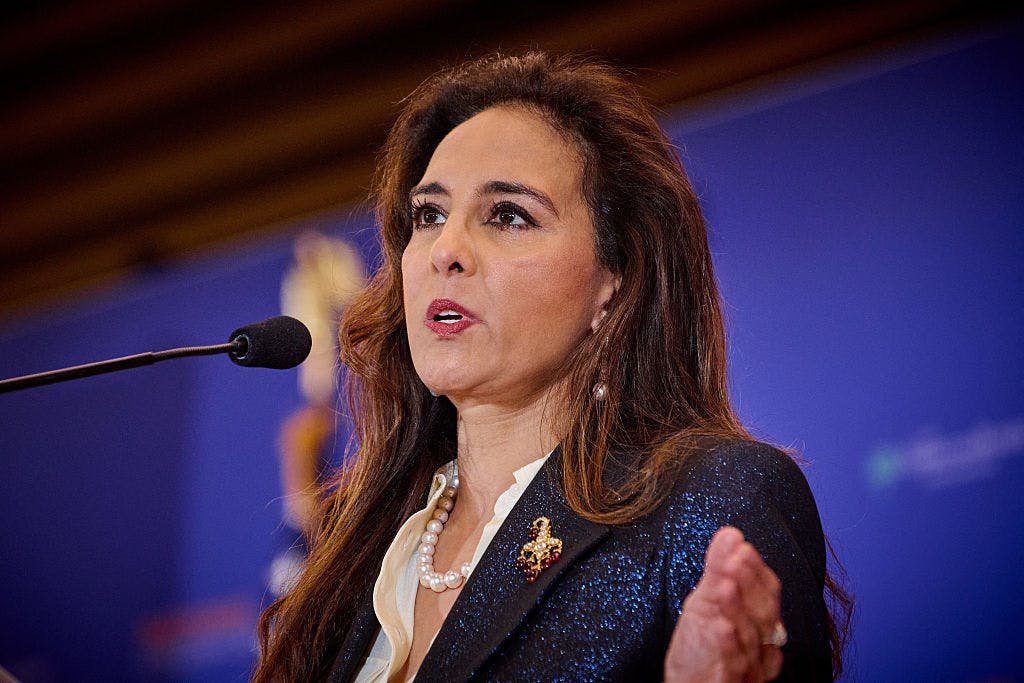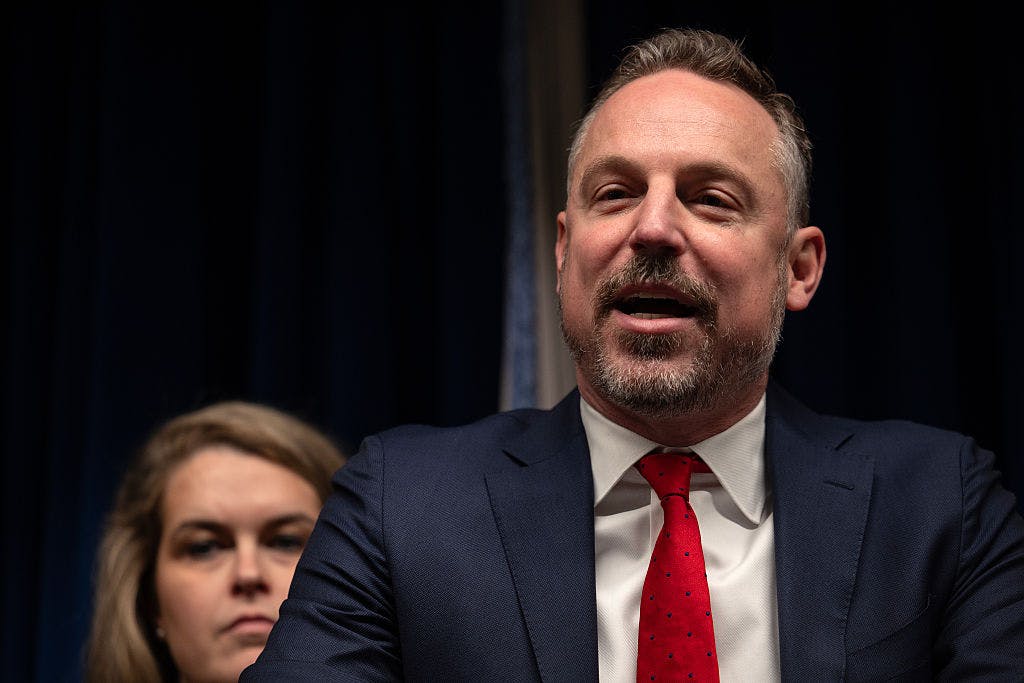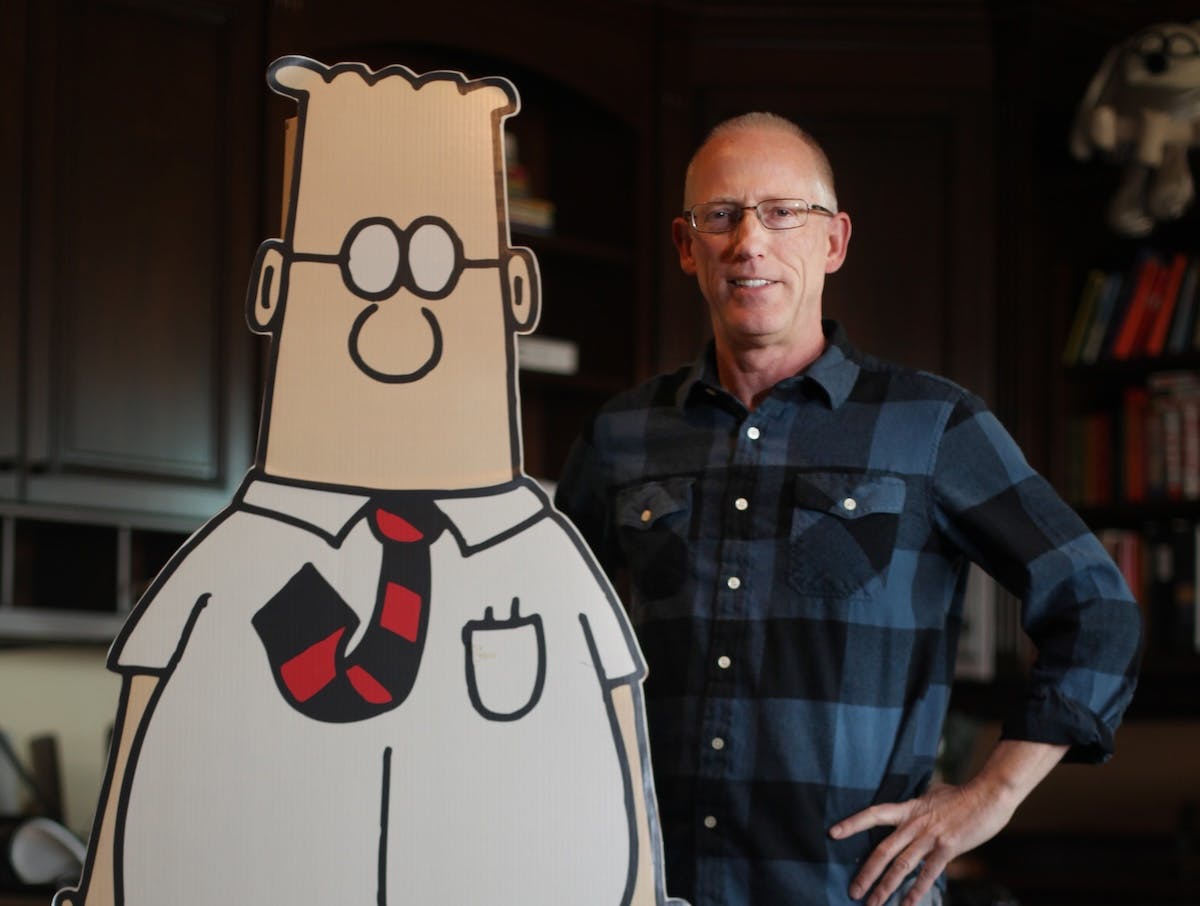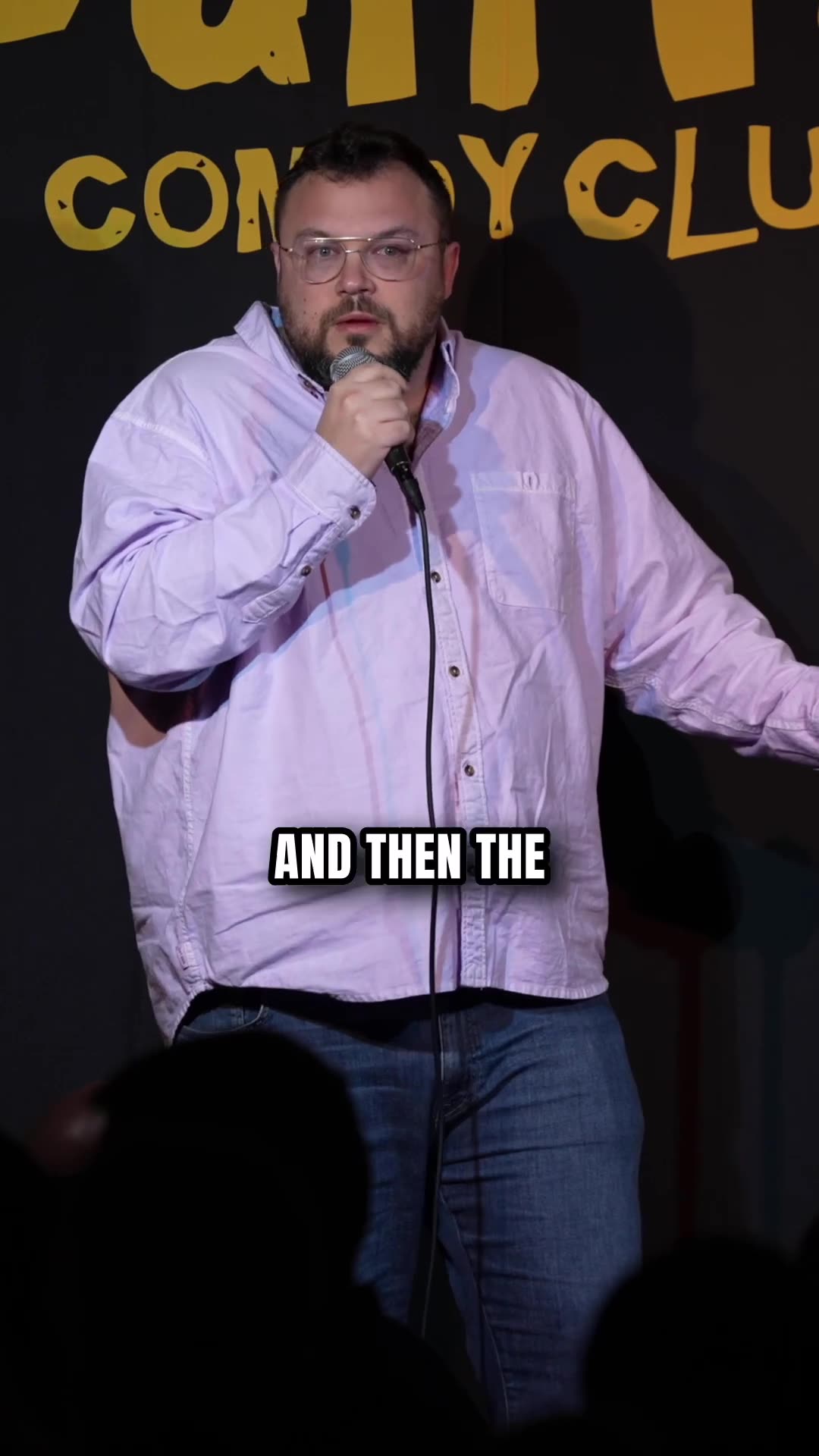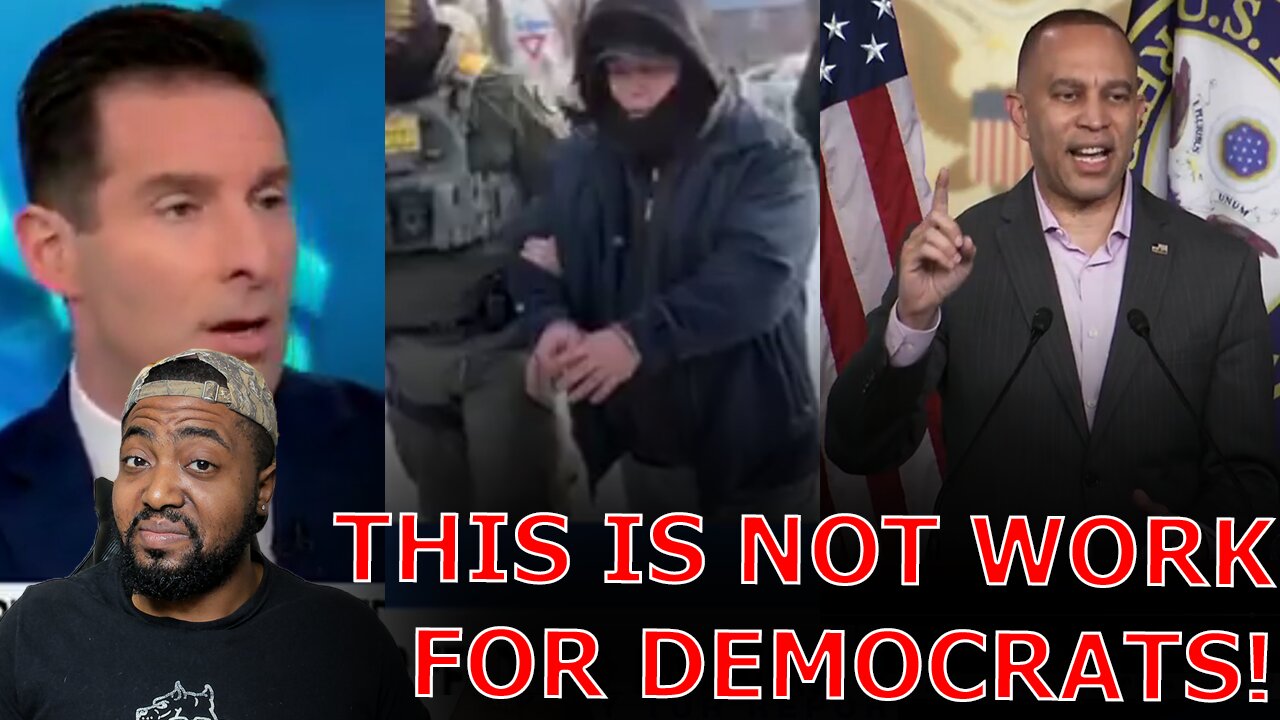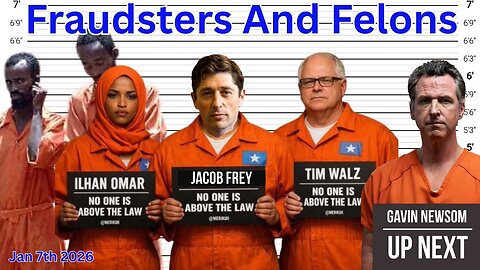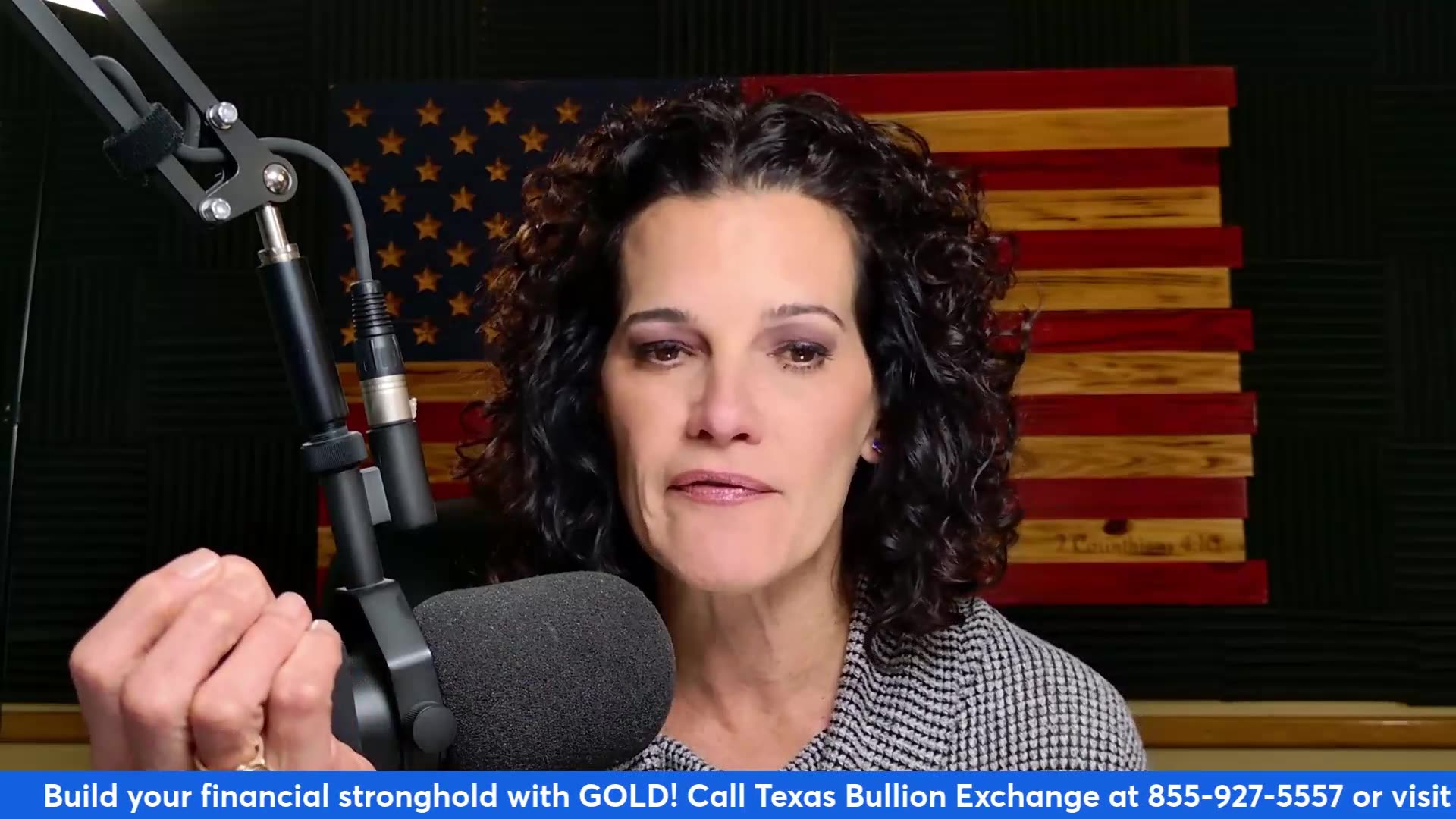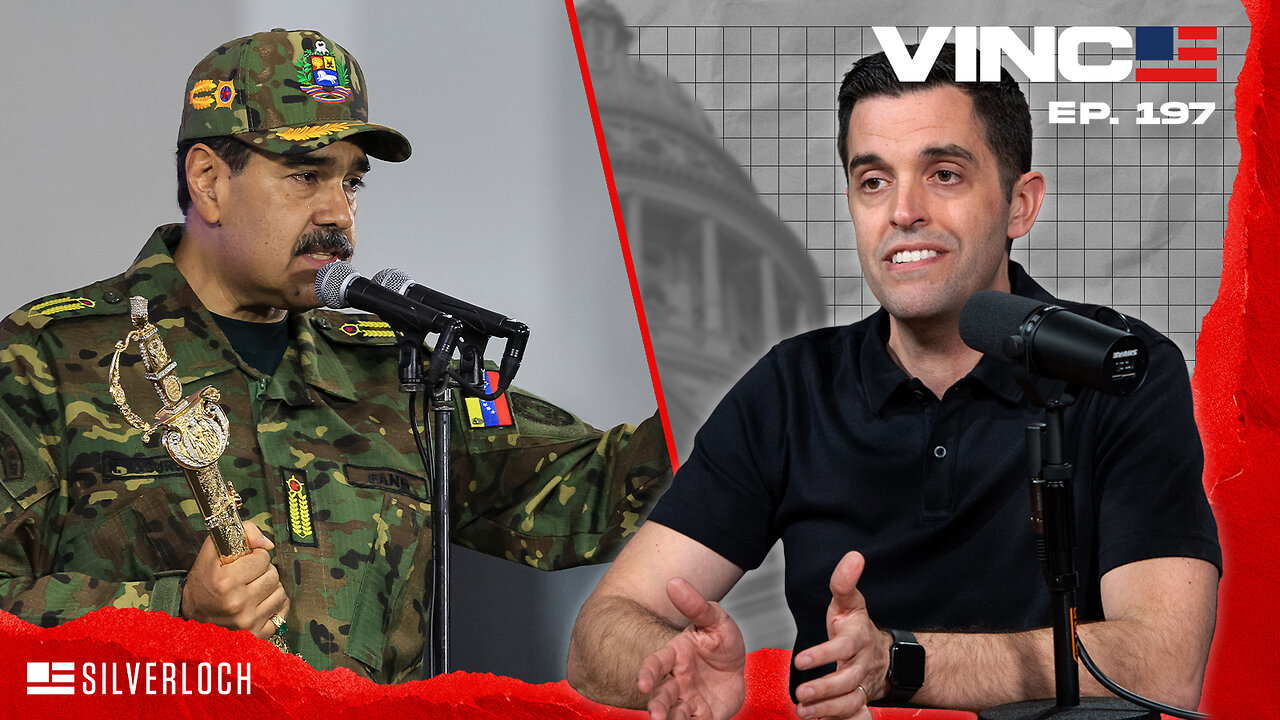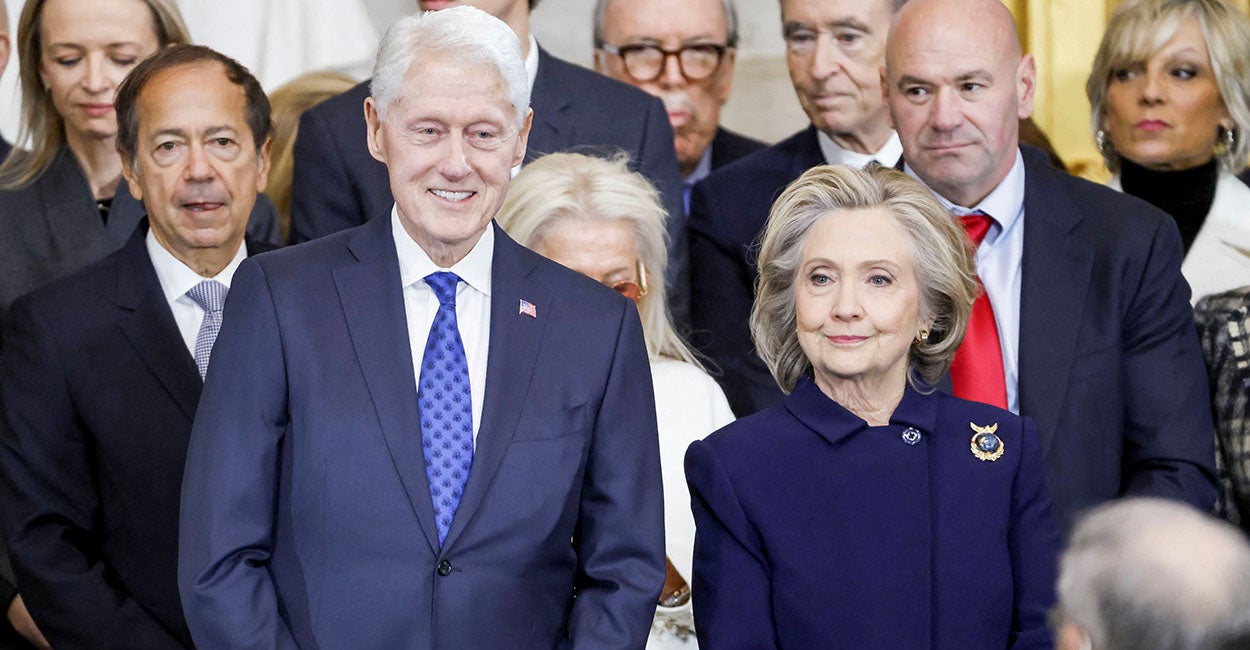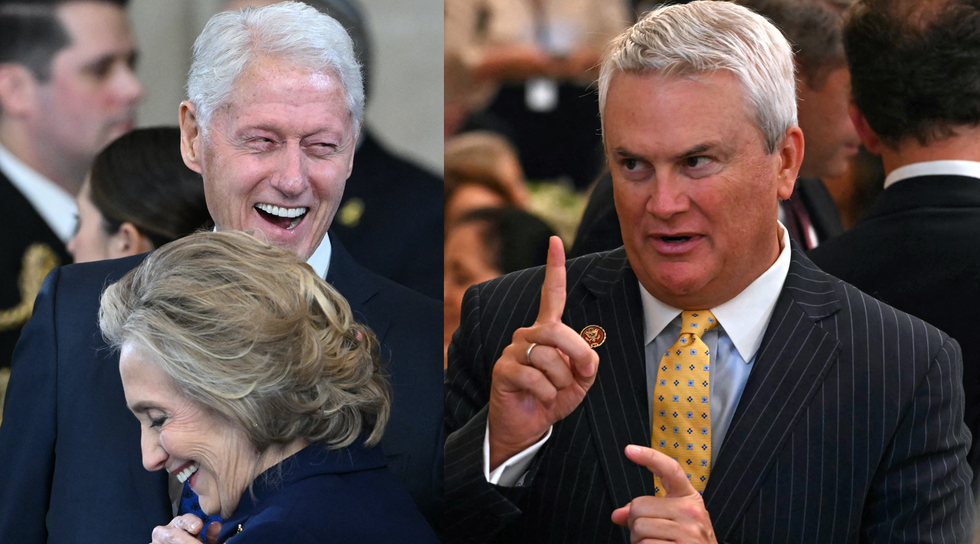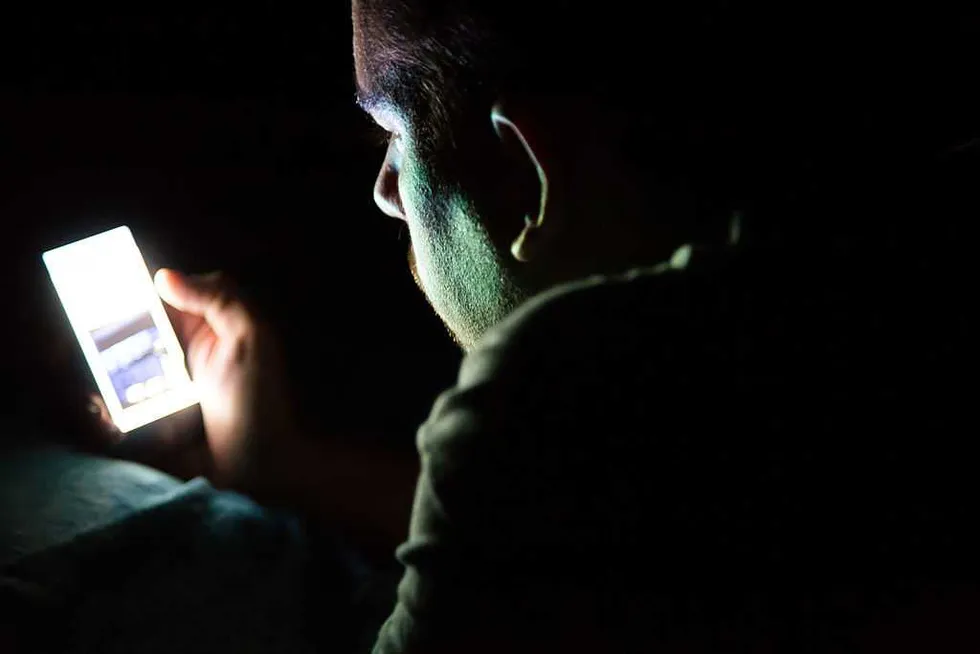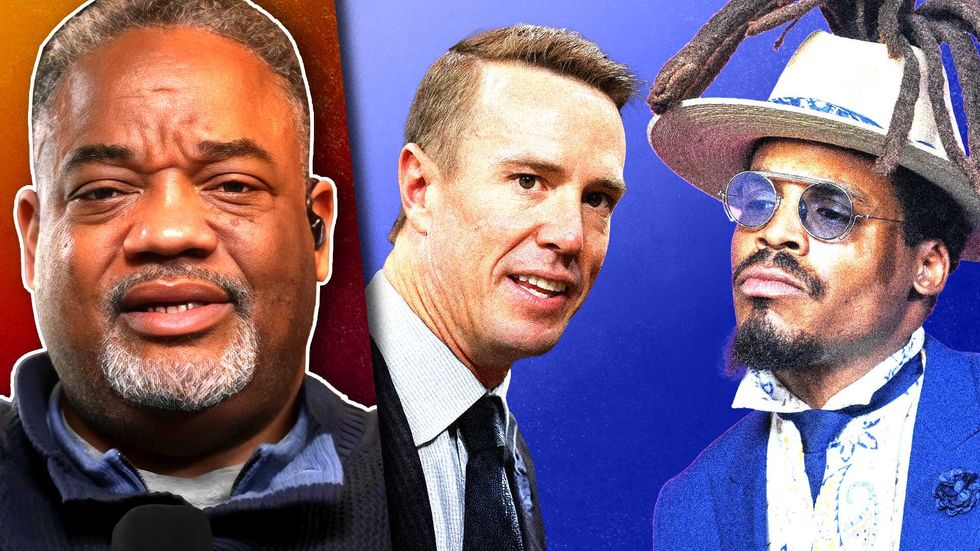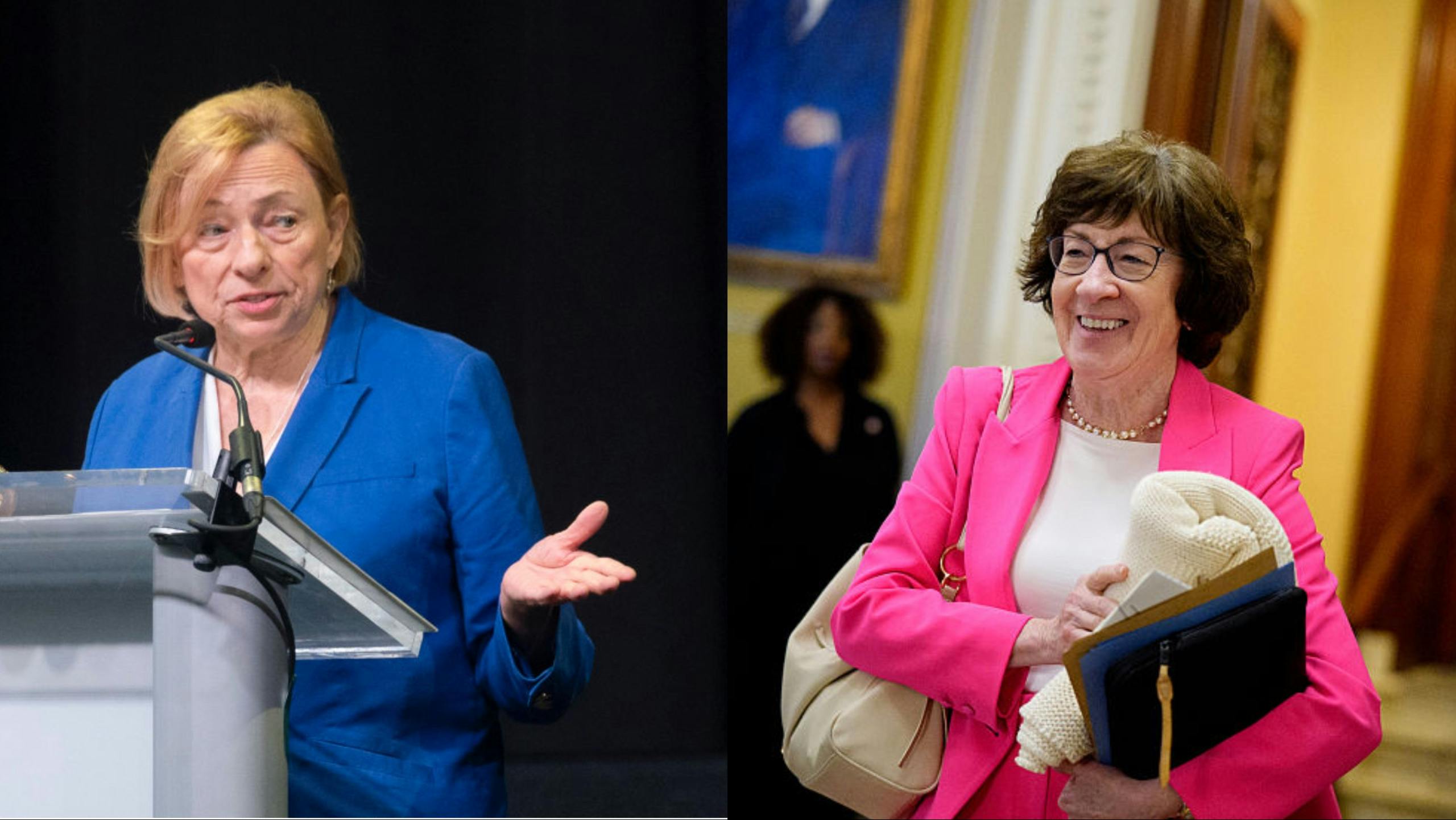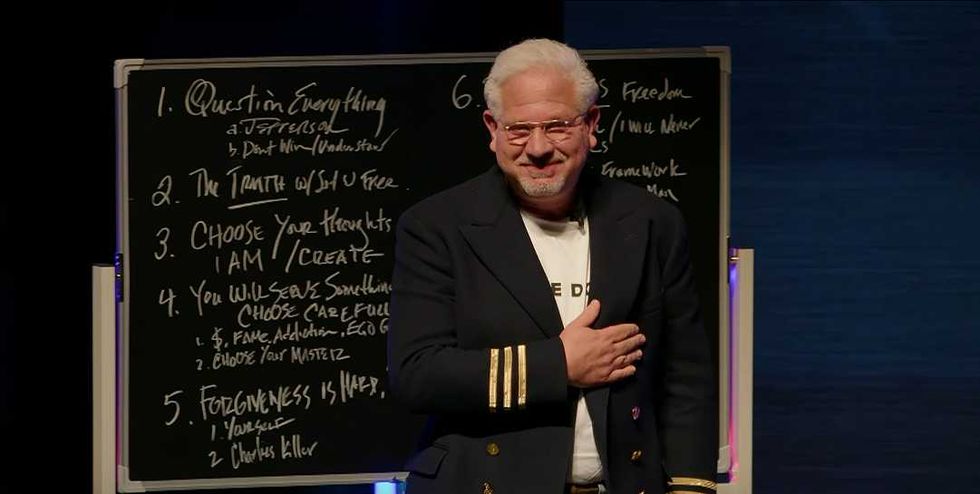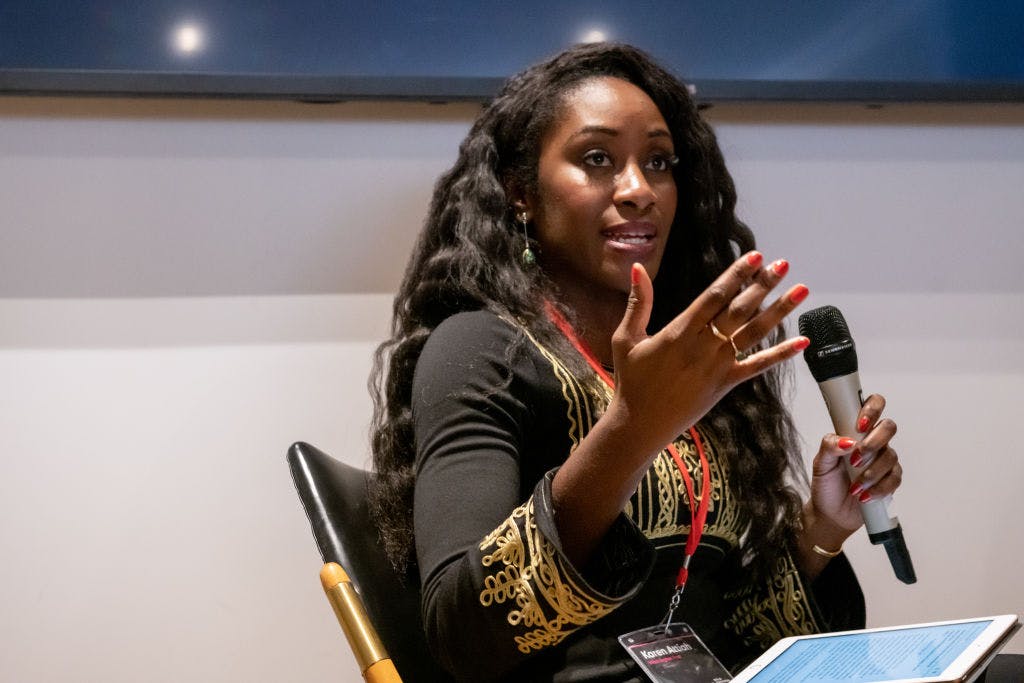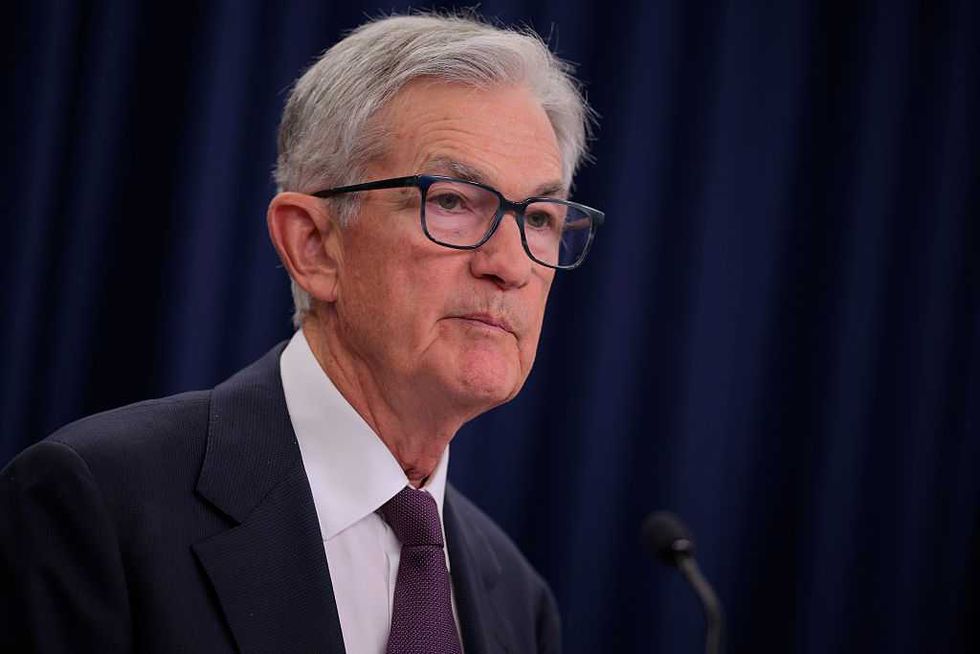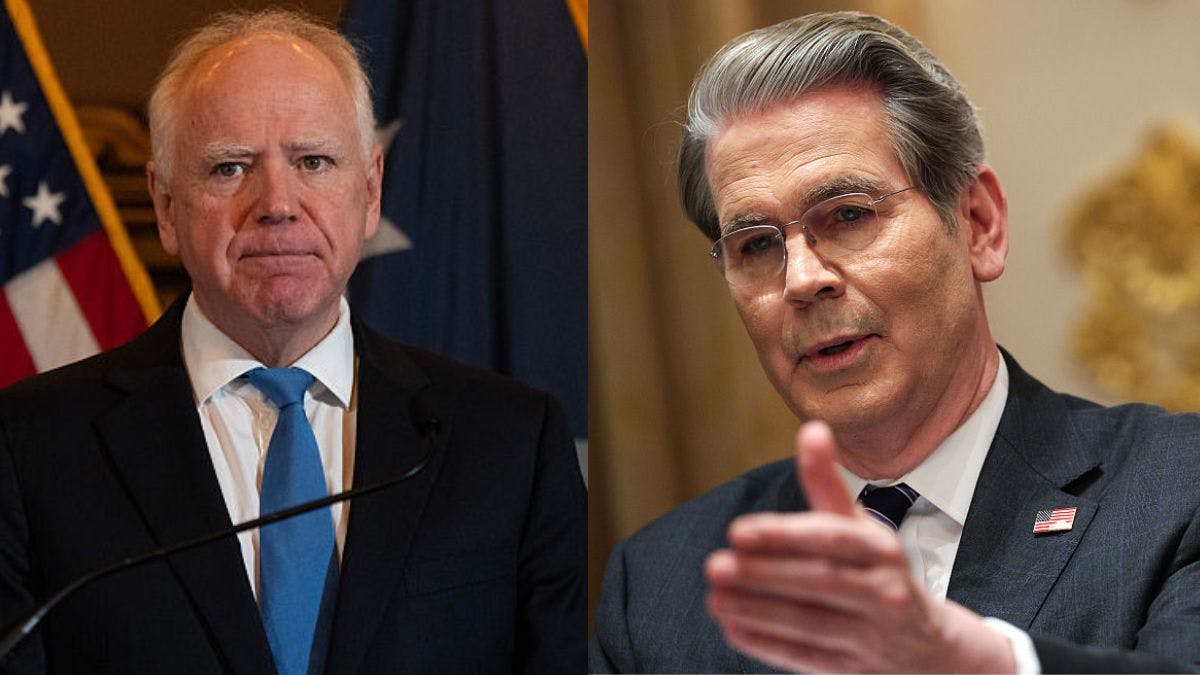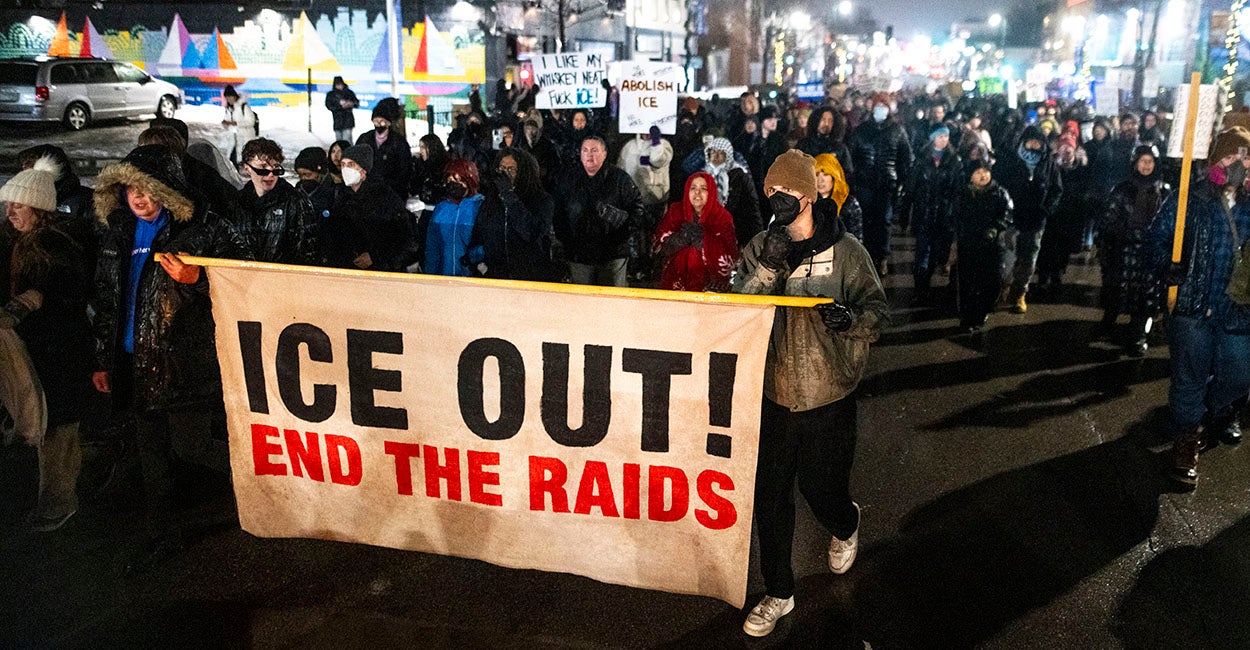Touchy Subject: Does ‘Anxiety’ Justify Pedro Pascal Getting Handsy With His Pregnant Co-Star?

Pedro Pascal is everywhere right now: on TV, in movies, and, if a female co-star is nearby, all over her.
Live Your Best Retirement
Fun • Funds • Fitness • Freedom
Though he’s been lauded by Hollywood for years as the new standard of a leading male — sensitive, progressive, charming — Pascal’s behavior on the “Fantastic Four: First Steps” press tour has even his most fervent fans questioning his motives. The “Gladiator II” star is constantly caressing his pregnant co-star, Vanessa Kirby. Whether rubbing her stomach or stroking her arm until she takes his hand, Pascal seems to always be touching the 37-year-old English actress.
In the post-MeToo era, Pascal’s behavior is bound to raise some eyebrows. But to hear him tell it, it’s ok. He’s not creepy. He’s just anxious.
Though Pascal has not specifically commented on this, the claim that he requires physical touch to calm his anxiety while appearing in public has widely circulated on social media.
Pascal famously discussed his anxiety in a 2023 interview alongside his “The Last of Us” co-star Bella Ramsey. Placing a hand on his stomach, Pascal told the crowd, “My anxiety is right there.” The clip, and others like it, endeared Pascal to fans, reinforcing the image of a sensitive, self-aware leading man who stood in stark contrast to the “toxic masculinity” that Hollywood had begun to revile.
But Pascal’s penchant for squeezing and rubbing Kirby — who is in a relationship with Professional Lacrosse League co-founder Paul Rabil — has fans rethinking whether the actor is really as sensitive and nontoxic as they thought.
Things have become so dire that some of Pascal’s most vocal supporters now claim he is the target of a smear campaign due to his vocal support of transgender rights. Regardless, the tomcat may be out of the bag. Internet sleuths seem to uncover a new video of Pascal’s red-carpet affections every day. Now, Hollywood’s favorite sensitive star is at the center of a conversation about boundaries, mental health, and whether an anxiety diagnosis could potentially be used as a free pass for inappropriate behavior.
Clinical psychologist Dr. Andrew Hartz, founder and president of the Open Therapy Institute, spoke with The Daily Wire about the Pascal drama and how mental health is treated in this country more broadly.
“I think I have two initial thoughts about it,” Hartz said of Pascal’s situation. “One is that if somebody has anxiety, it doesn’t negate your need for personal boundaries.”
“Whether they have anxiety or any mental illness [it’s important] to have personal boundaries about what you’re comfortable with,” he explained. “And so I think it’s important to keep that in mind. Regardless of whatever diagnosis he may or may not have, it’s totally legitimate — and I think important — for other people to set boundaries about what they’re comfortable with.”
That might seem like common sense, but these lines are crossed all the time, especially when a mental health label is introduced. When asked if using anxiety as an explanation might lead to people excusing otherwise boundary-crossing behavior, Hartz didn’t mince words.
“I’m really skeptical about these attempts to treat anxiety by accommodating it in particular,” he said. “A lot of times, when you accommodate anxiety, it makes it worse. Like, if you have a fear of elevators, and so you take the stairs instead, what will happen is you’ll kind of get … a dopamine hit for taking the stairs because your anxiety goes down. And the elevator gets scarier.”
“So honestly, the more you avoid and use these safety behaviors to cope with anxiety, it can make it worse,” he continued. “I don’t know of any treatment for anxiety that encourages behaviors like that.”
So, what would actual treatment look like?
“Depending on what the anxiety is — it sounds like [for Pascal] it’s like a social anxiety — the most effective treatments are exposure, where you’re exposed to your anxiety without the safety behaviors over time, so that you learn to tolerate it,” Hartz said. “And these other behaviors, not exposing yourself to that and avoiding that, could potentially make it worse and even lead it to generalize.”
It’s not just about ineffective coping, either. There’s also the matter of accountability. Pascal’s defenders, including some of his co-stars, may appear to be fine with it. But what happens when someone isn’t?
“Even whoever he’s touching, they need to be able to consent based on what they’re comfortable with,” Hartz said. “And so if they’re not comfortable with it, his label doesn’t matter. So I don’t know if maybe using the label leads people to let their boundaries be violated in ways that they wouldn’t otherwise allow, which is not healthy.”
In other words, labeling yourself as anxious doesn’t give you a license to touch people who haven’t clearly consented, and shouldn’t make a person more likely to consent based on that diagnosis.
Hartz also pointed to a deeper cultural shift in how mental health is discussed and how some public figures, intentionally or not, may be using diagnoses as a way to shield themselves from criticism or scrutiny.
“The whole reason that the diagnostic labels exist is so that people can get evidence-based treatments,” he said. “So it’s interesting the way that diagnostic labels have [become] seen as permanent traits of an identity.”
“It’s so strange because it’s like the whole reason you have the label is so that you can effectively treat it and not have those symptoms anymore. Not to say, ‘This is who you are, a person with anxiety forever,’ and everybody needs to accommodate.”
“It’s really strange the way these labels, I think especially on social media, have taken on a life of their own,” he added. “It’s almost like they’re a permanent, unchanging part of somebody’s identity as opposed to like a tool for clinicians to help address problems.”
Hartz’s bottom line was clear: “If you have an anxiety disorder, get treatment. That’s what I would say.”
In a culture that increasingly elevates mental health awareness, it’s also worth asking whether some public figures are hiding behind the language of self-care to excuse behavior that, in another context, might be seen as intrusive or even predatory.
Pascal may see his actions as harmless. But as Hartz said, “The reason why the labels exist is to help treatments develop where people… can get over the symptoms, not so that everybody else in society accommodates.”
In summary: Anxiety is real, but so are boundaries. And one doesn’t cancel out the other.
Originally Published at Daily Wire, Daily Signal, or The Blaze
What's Your Reaction?
 Like
0
Like
0
 Dislike
0
Dislike
0
 Love
0
Love
0
 Funny
0
Funny
0
 Angry
0
Angry
0
 Sad
0
Sad
0
 Wow
0
Wow
0
